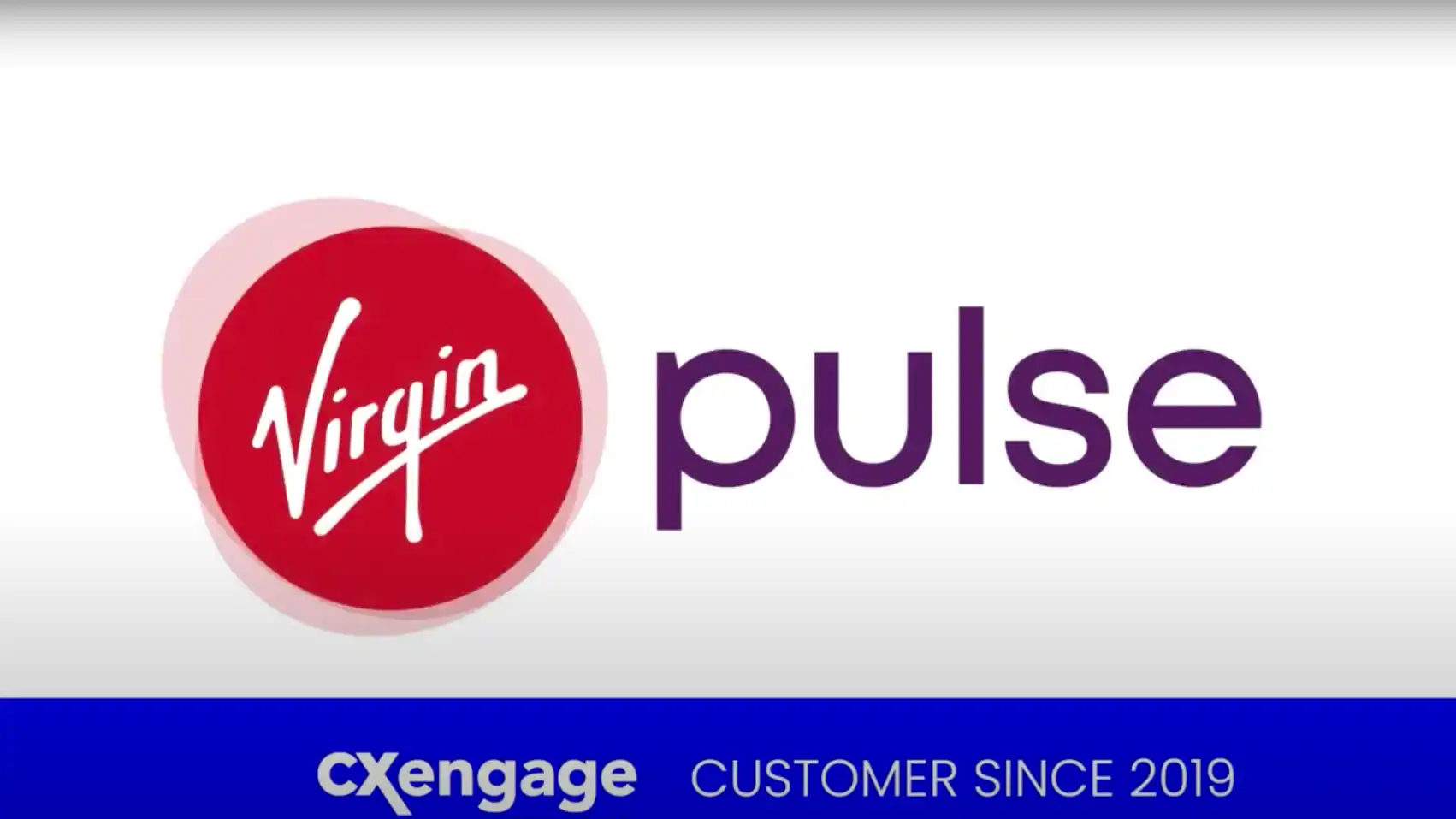Just when we were all getting (relatively) settled into our work-from-home (WFH) routines and rigid stay-in-place lockdowns, crisis has shifted our worlds again.
As businesses begin to re-open and some work environments transition from entirely WFH to hybrid versions of WFH and on-site, we’re forced to adapt to the latest version of normal—amid more crisis. Summer will bring with it not only higher temperatures, but the simmer of continued anxiety.
Cool Agent Stress
Temperatures Rising
Before COVID-19, Northwestern National Life released a survey in which 40% of respondents said they considered their jobs stressful. And now, those familiar workplace stresses combine with new ones—isolation, uncertainty and fear—caused by continued crisis. Add increasingly difficult, high-anxiety customer interactions with people dealing with the same daily uncertainty as agents, and you have a potentially red-hot summer of emotional tumult.
To maintain business continuity, organizations must find ways to help employees manage stress. Workplace stress threatens employee health, leading to cognitive decline and increases in healthcare costs. That’s all bad news for call center agent productivity and customer experience.
Heightened stress levels also have a detrimental impact on employee retention—an ongoing problem for contact centers that becomes more damaging during crisis, when call volume can peak. Fortunately, the same strategies HR Technologist recommended to combat workplace stress pre-COVID-19 still work today.
Offer Flexibility
It’s not just your contact center agents who are working from home. Entire households are living, working and coping together—or aren’t coping well at all. With childcare centers and schools closed, navigating the challenges of trying to work productively in shared spaces can mean managing relationships, (often increasing) responsibilities, schedules and personal wellbeing. When work environments are this distracting and stressful, flexibility can be a game-changer.
Flexibility can help reduce agent stress and increase productivity, but it can make scheduling tricky. Workforce management (WFM) tools can help. WFM can increase forecast accuracy and staff at the right level for the call volume at any given time.
WFM also can be a critical tool in tipping the balance toward profitable operations. And in this unprecedented crisis, WFM is more important than ever, providing flexible scheduling to ensure contact centers run at maximum potential, when agent—and customer—stress is sky-high.
Sophisticated WFM solutions can help effectively forecast your scheduling needs, create schedules, manage agent performance and adjust in real-time, as needed. With the ProScheduler cloud-based WFM software from Serenova, you can ensure your agents are working optimally whether they are at home or back in the contact center. It minimizes administrative effort, improves agent engagement and schedule adherence, and reduces labor costs.
Forecasting
• Forecast workloads across channels (chat, email, voice, SMS, Facebook)
• Create multiple versions of the forecast to analyze staffing needs for different scenarios
Scheduling
• Optimization engine produces schedules within minutes
• Single-day reoptimization makes it easier to handle unexpected events, such as absences or changes in call volume
Monitoring
• Real-time adherence and forecasting reports offer intraday analyses and adjustments of schedules
• Know what’s going on at all times to improve real-time coaching and solve issues as they occur throughout the day
Reporting
• See what matters to your contact center with customizable dashboards
• Keep track of late arrivals and early departures, break adherence, call traffic and more to analyze performance
ProScheduler makes it easy for your agents to communicate their availability and swap shifts with each other. These capabilities help agents feel supported, which goes a long way in cooling stress.
Help Agents Be Their Best
Agents may feel unmoored without the familiar person-to-person contact they were accustomed to when they worked in the contact center.
You can help combat this by dialing up feedback with quality management tools. With quality management solutions like CxEngage QM, call center agents can be recorded and scored against benchmarks. Supervisors can view scores and deliver focused feedback to individual agents on specific customer interactions and determine whether the agent needs coaching or a pat on the back for a job well done.
Continuous feedback helps remind agents that they contribute to the long-term goals of the organization. This promotes retention, motivation and stress reduction. For remote agents working from home, it also serves as reassurance their contributions to the team are still within their control.
Connect Agents to Reduce Feelings of Isolation
Remote workers can often feel lonely and isolated, and mandated social distancing is increasing that feeling by removing the social support systems many people rely on in order to decompress. Technology-driven engagement solutions can help agents reconnect with coworkers, reducing stress by recreating the human connection so many people are craving.
CxEngage Scoreboard includes messaging options like chat, organizational announcements and surveys that give agents a way to interact that’s more like the connections they had when they worked in the contact center. The performance management dashboards can help agents see how their performance measures up to the organization’s key performance indicators (KPIs).
Gamification options can also promote a stronger feeling of community. Everyone wants to feel that what they do matters, and agents who work from home may feel like just because someone isn’t there to physically oversee their work, it isn’t getting noticed. The competition created by gamifying performance objectives immediately creates an environment in which an agent’s actions matter. Plus, for many people, competition is fun, and that helps balance the stress and fears that are so prevalent in the course of our days now.
When you create a feeling of belonging, it reduces increased stress levels created by isolation, creating a contact center staffed by agents that feel empowered to resolve customer issues and optimizing the customer experience.
Resources and Experience to Help
Our resources hub includes e-books and guides to help keep your agents engaged, satisfied and productive, including the e-book, 7 Habits of Highly Effective Contact Center Leaders. For more about the Serenova tools that can help your contact center thrive in crisis, contact us for a demo.






